If you’ve graduated from college in the past year or so and started your first job, you’re no doubt learning a lot about establishing yourself as an adult and being responsible for your own finances. So thoughts of your retirement are probably far away. And yet you have several good reasons to invest in your 401(k) or similar employer-sponsored retirement plan. First of all, by contributing to your 401(k), you can get into the habit of regular investing. And since you invest in your 401(k) through regular payroll deductions, it’s an easy way to invest. Furthermore, your 401(k) or similar plan is an excellent retirement-savings vehicle. You generally contribute pre-tax dollars to your 401(k), so the more you put in, the lower your taxable income. Plus, your earnings can grow on a tax-deferred basis. Your employer might also offer a Roth 401(k), which is funded with after-tax dollars; although you can’t deduct your contributions, your earnings can grow tax-free, provided you meet certain conditions. And with either a traditional or Roth 401(k), you generally have a wide array of investment options. But perhaps the main reason to start investing right away in your 401(k) is that, at this point of your life, you have access to the greatest and most irreplaceable asset of all – time. The more time you have on your side, the greater the growth potential for your investments. And by starting to invest early in your plan, you can put in smaller amounts without having to play catch-up later. Suppose, for example, you begin investing in your 401(k) or similar plan when you’re 25. For the sake of simplicity, let’s say you put in $100 a month, and you keep investing that same amount for 40 years, earning a hypothetical 7 percent rate of return. When you reach 65, you will have accumulated about $256,000. (Your withdrawals will then be taxable, unless you chose the Roth 401(k) option.) But if you waited until you were 45 before you started investing in your 401(k), again earning that hypothetical 7 percent, you’d have to put in almost $500 per month – about five times the monthly amount you could have invested when you were 25 – to arrive at the same $256,000 when you turn 65. Clearly, the expression “time is money” applies when it comes to funding your 401(k) – there’s just no benefit in waiting to contribute to your retirement plan. This isn’t to say that you have a lot of disposable income, especially as you may be paying off thousands of dollars in student loans. But, as mentioned above, the money for your 401(k) is taken before you even see it, so, in a sense, you won’t miss it. And you can certainly start out with small amounts, though you’ll at least want to put in enough to earn your employer’s matching contribution, if one is offered. As your career progresses and your salary goes up, you can steadily increase the amount you put into your 401(k) or other retirement plan. When retirement is decades away, it can seem like more of an abstract concept than something that will one day define your reality. But, as we’ve seen, you have plenty of incentives to contribute to your 401(k) or similar plan – so, if you haven’t already done so, get started soon. This article was written by Edward Jones for use by your local Edward Jones Financial Advisor. 
Why Should Recent Graduates Care About Retirement Planning?
- 05/08/2019 06:48 AM (update 04/11/2023 01:43 AM)
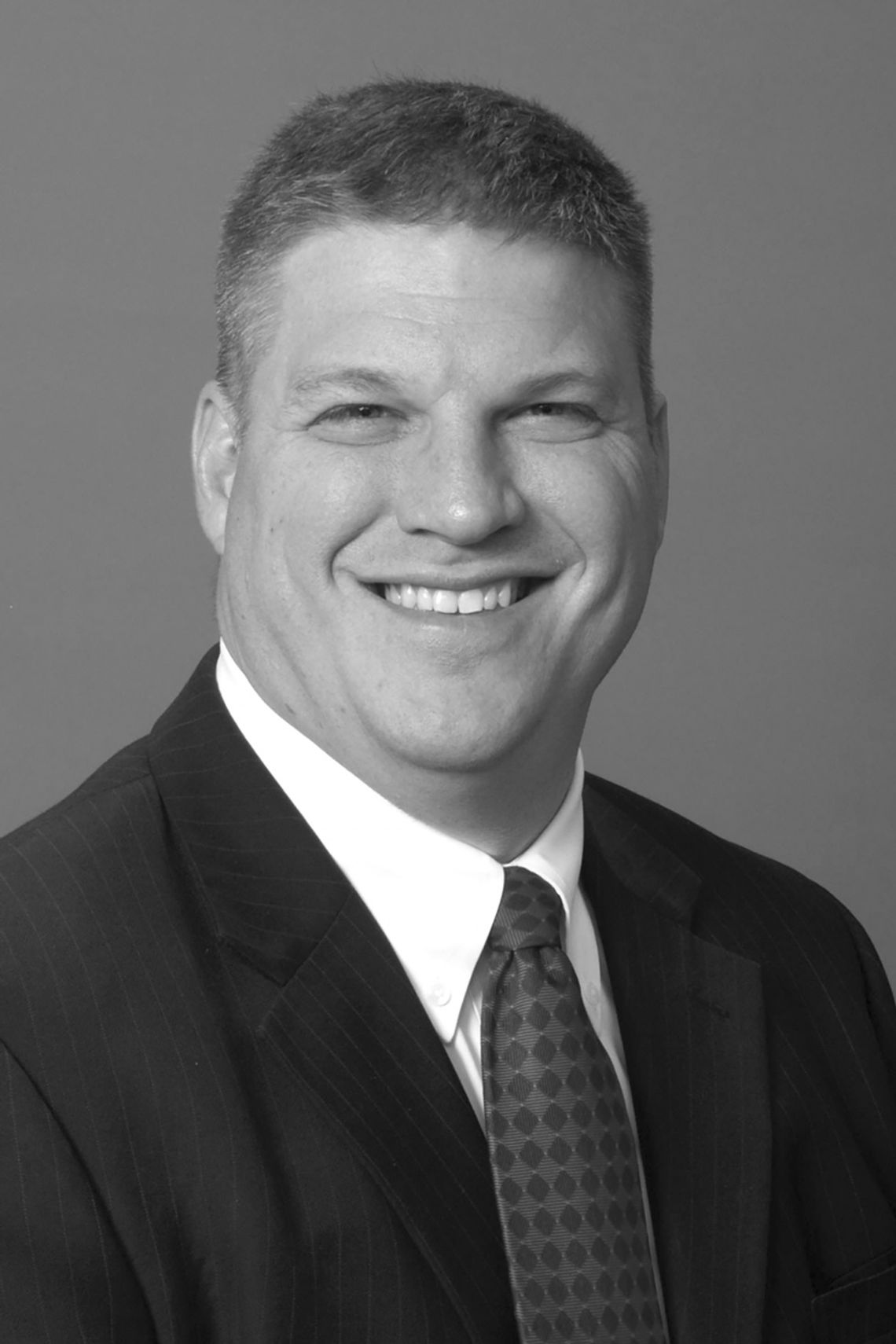

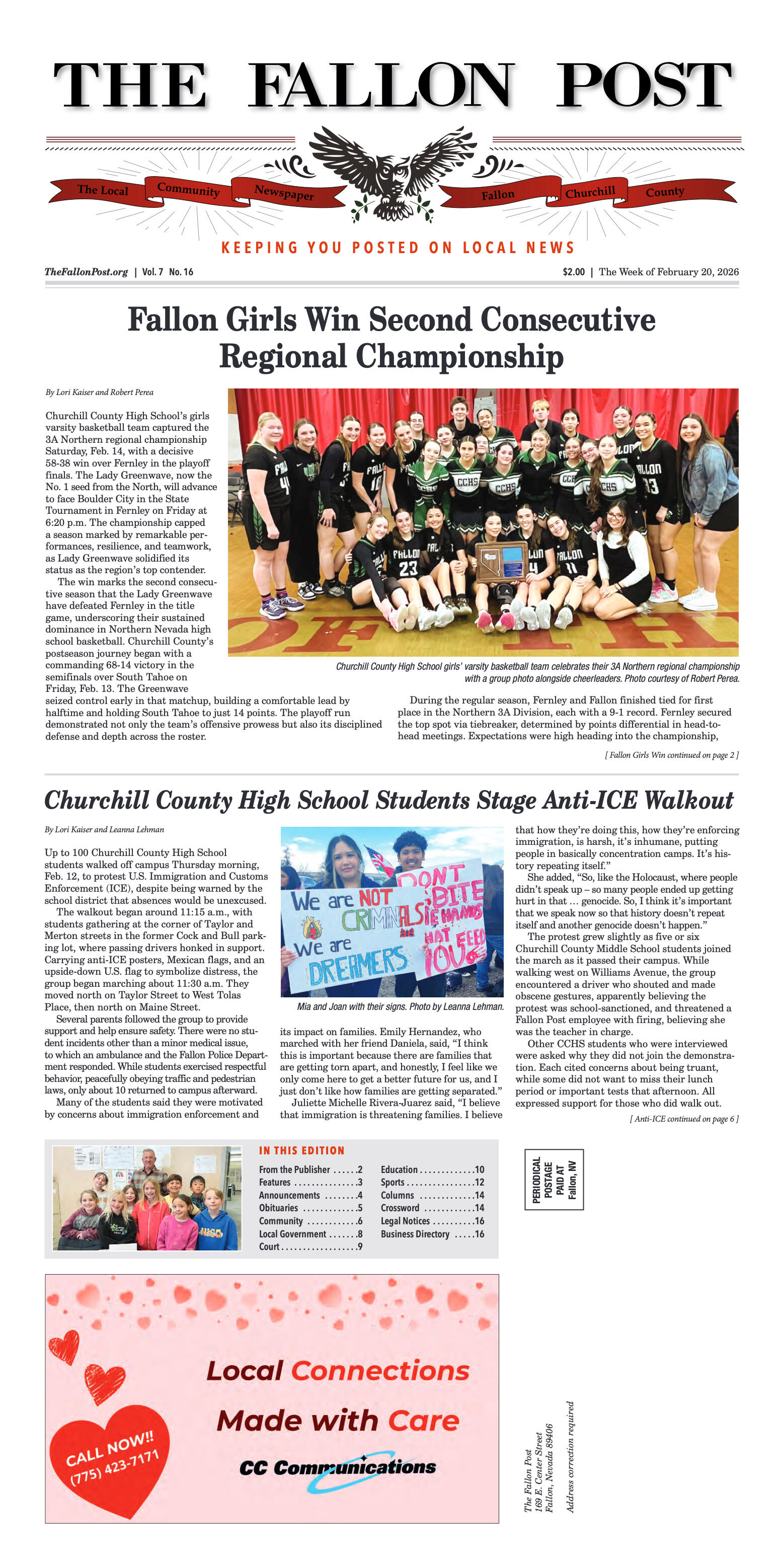


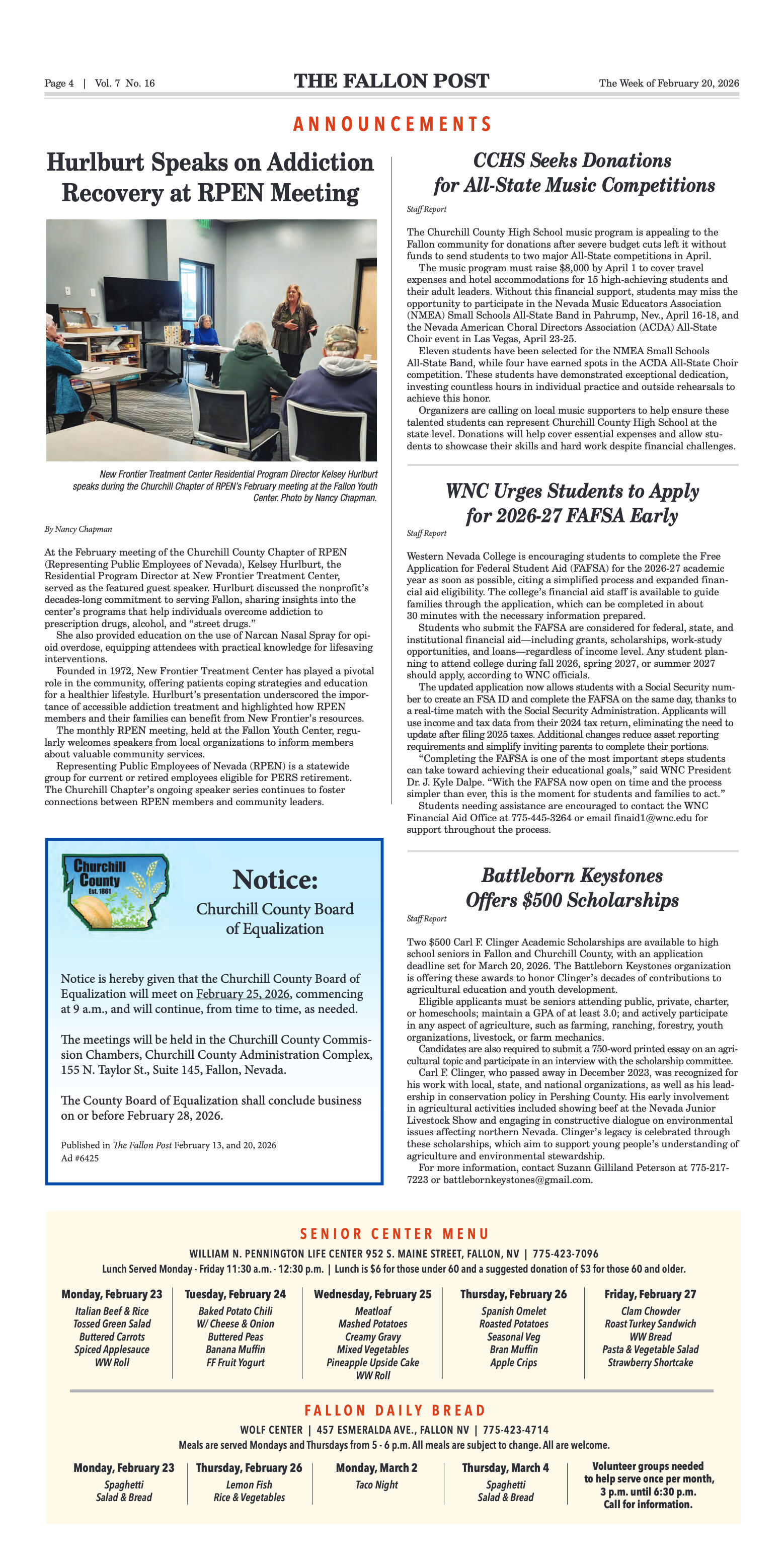
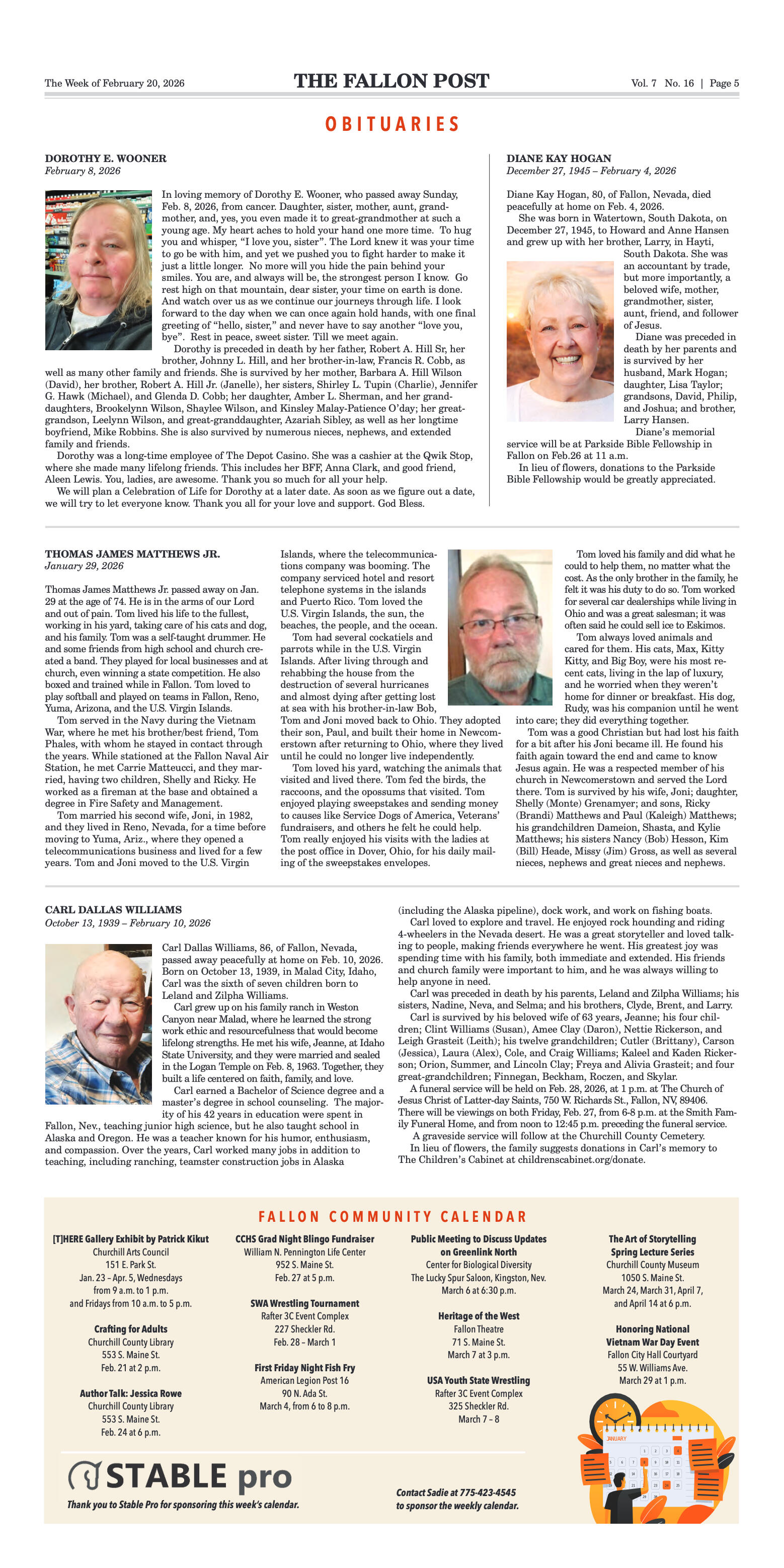
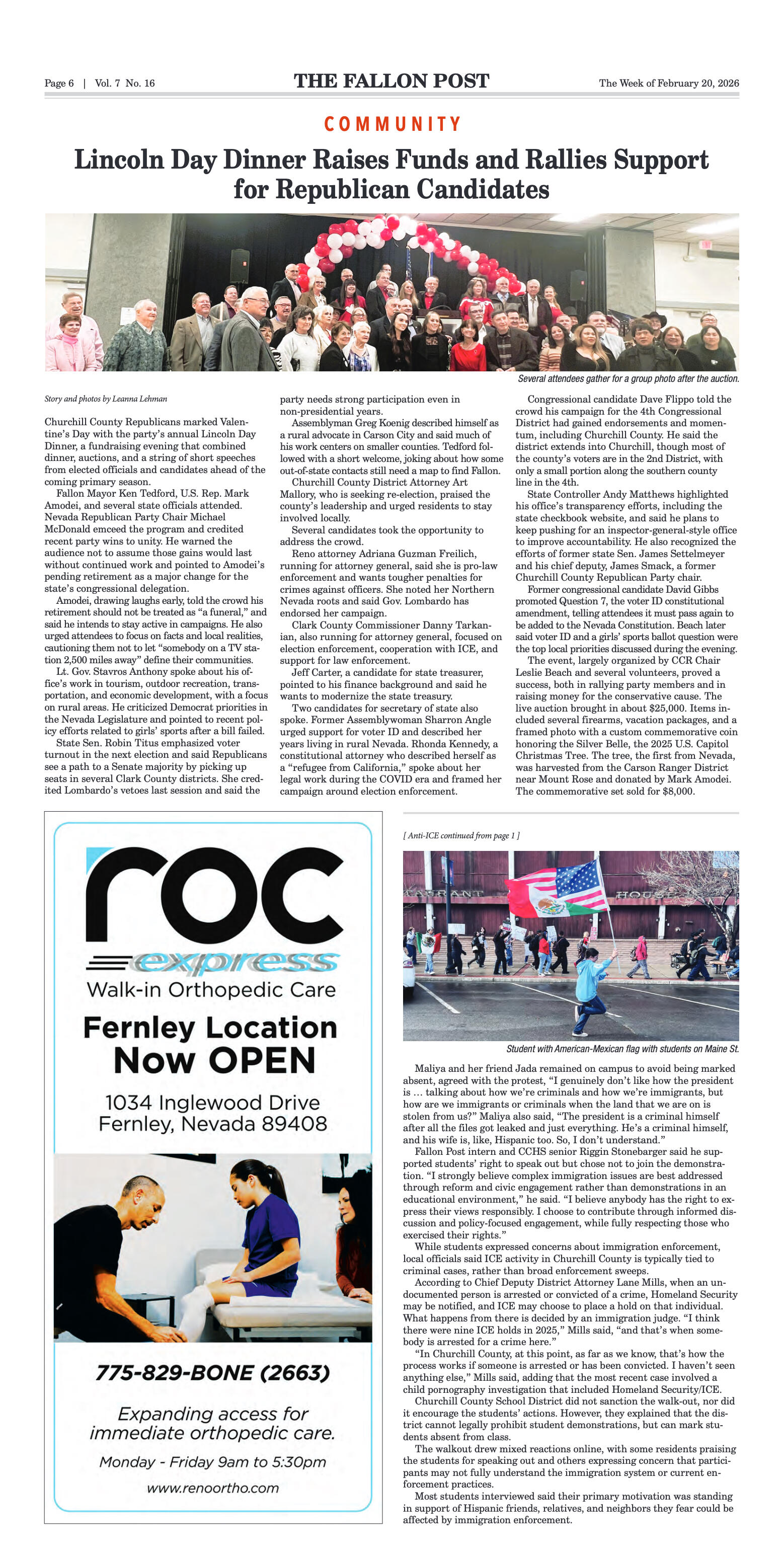


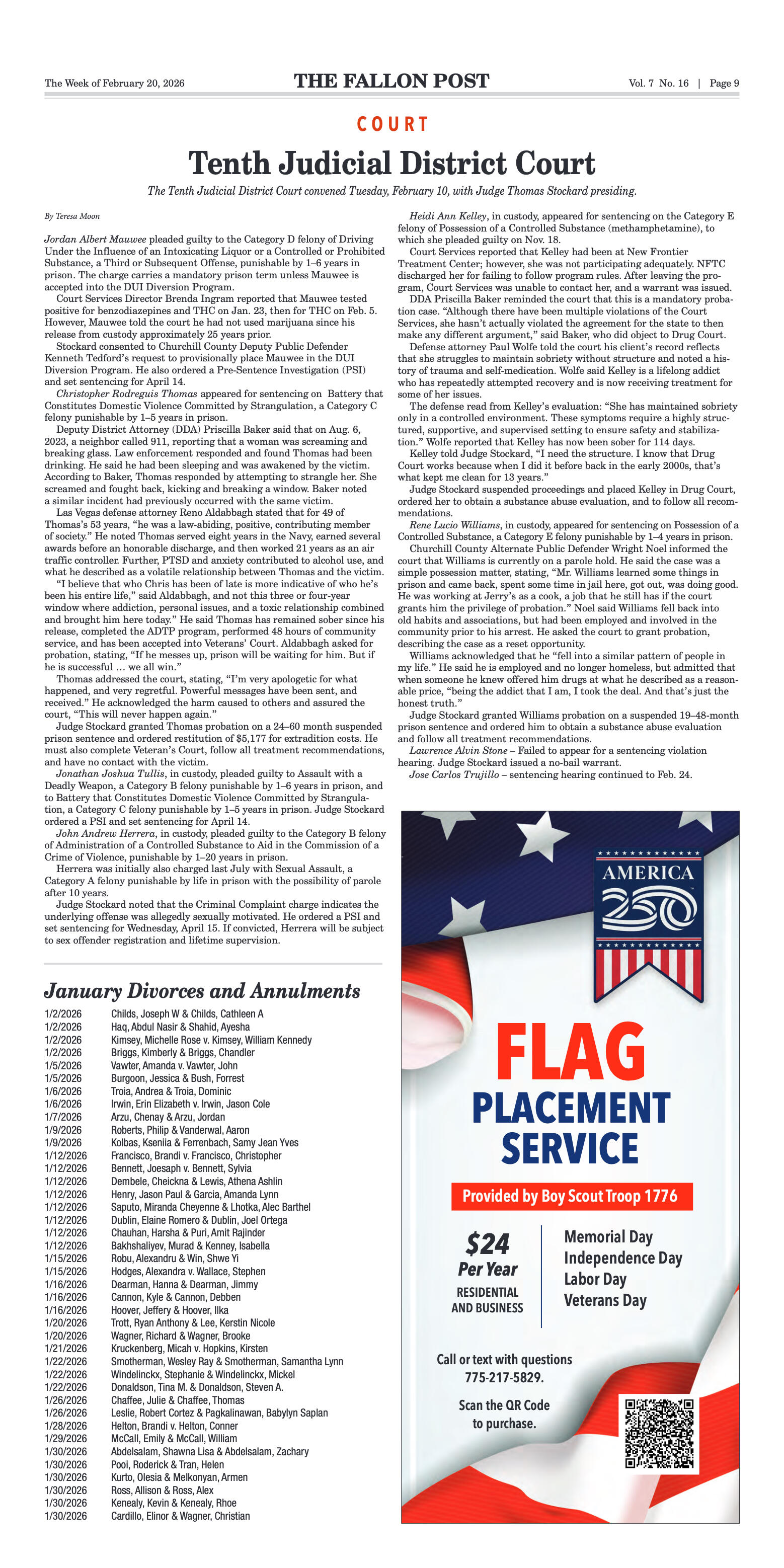






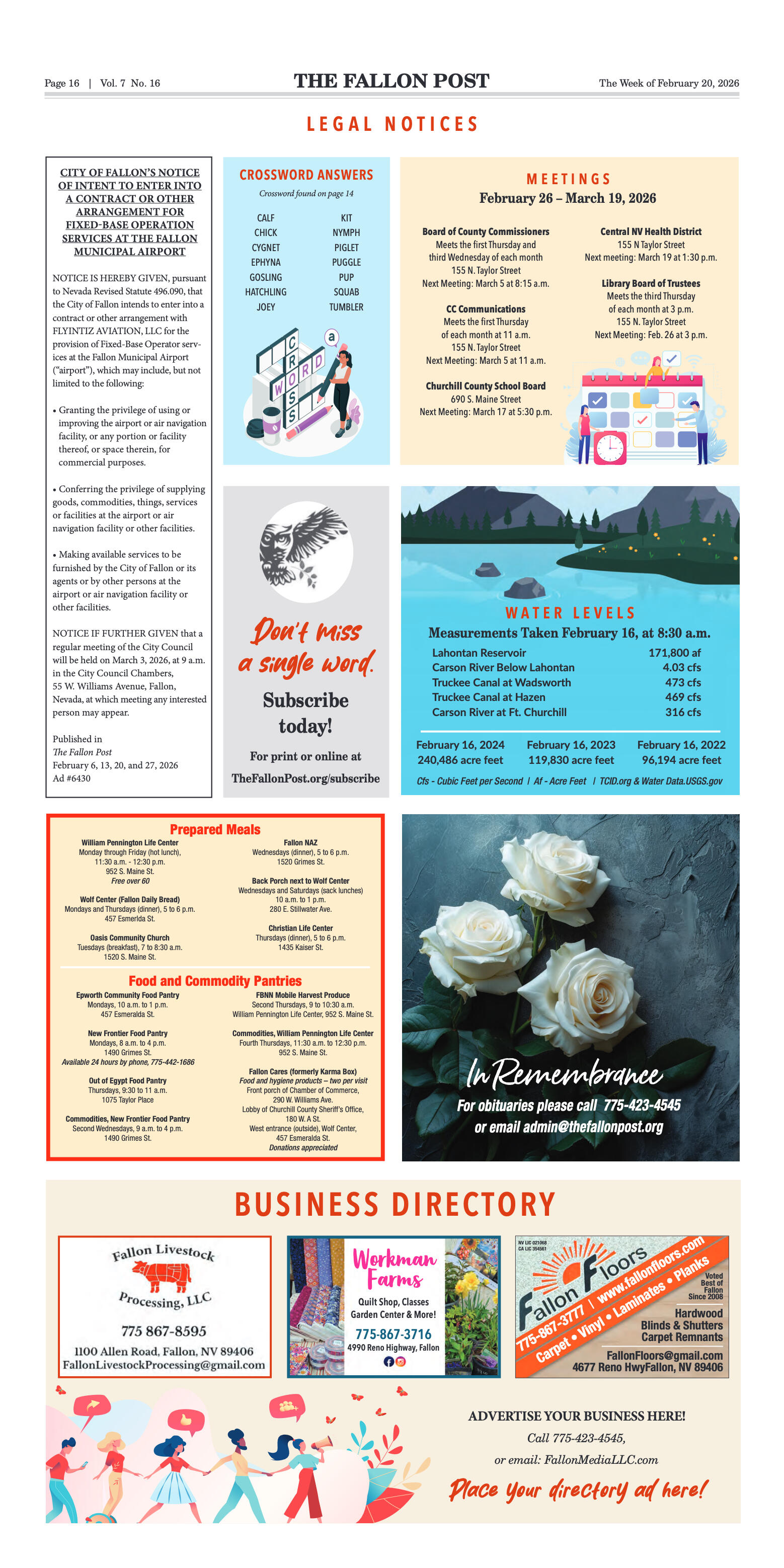


























Comment
Comments